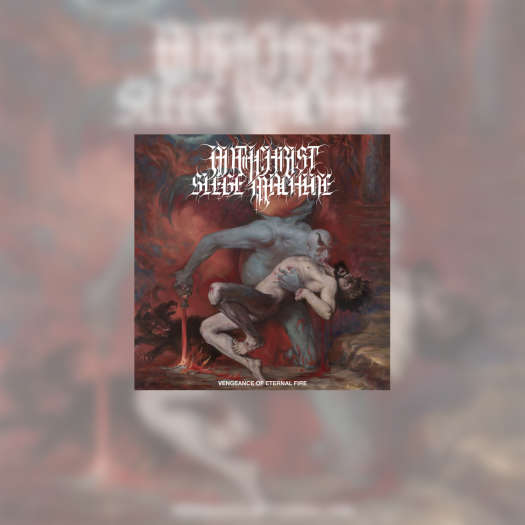There's a lot to admire about this film the acting is strong, it has a beautiful design but it's weighed down by a clunky script and melodramatics. It's riddled with death and loneliness and the yearn to break free. Yes, it is as clichéd as that sounds. Music for Weddings and Funerals is not a terrible movie but it does try too hard. Its dramatics are too heavy-handed and its attempts at levity are never enough.
Sara (Lena Endre) is a novelist who dwells in the past, guilty and distraught over her young son's death. She stills lives in the concrete, modernist structure (it's hard to call it a house) that her architect ex-husband built. The metaphor of it being her prison couldn't be more obvious. Much of the film deals with Sara's need to include the spontaneous in the well-ordered life not chaos but the unexpected. There is a mixture of cultures and nationalities throughout Music. It is a Norwegian film in Swedish and English (and for some reason there are subtitles for the English section, as well, which is just annoying), with Serbian folk music and belly dancing. Borders change, people move but everyone feels pain and joy. And music is the one thing, I assume, to that draws everyone together. Which makes me wonder why there is so little music in this movie.
The most interesting relationship between Sara and Bogdon, a Serbian musician who rents the basement of her house is treated like an afterthought. They barely speak to one another and share very little screen time. One of the more frustrating things about Music for Weddings and Funerals is that the story happening off screen is more interesting than what we are watching. You can hope all you want for something exciting to happen but it never does. A very unsatisfying experience all around.
Unni Straume
Unni Straume

BY Kathleen OlmsteadPublished Nov 17, 2016



